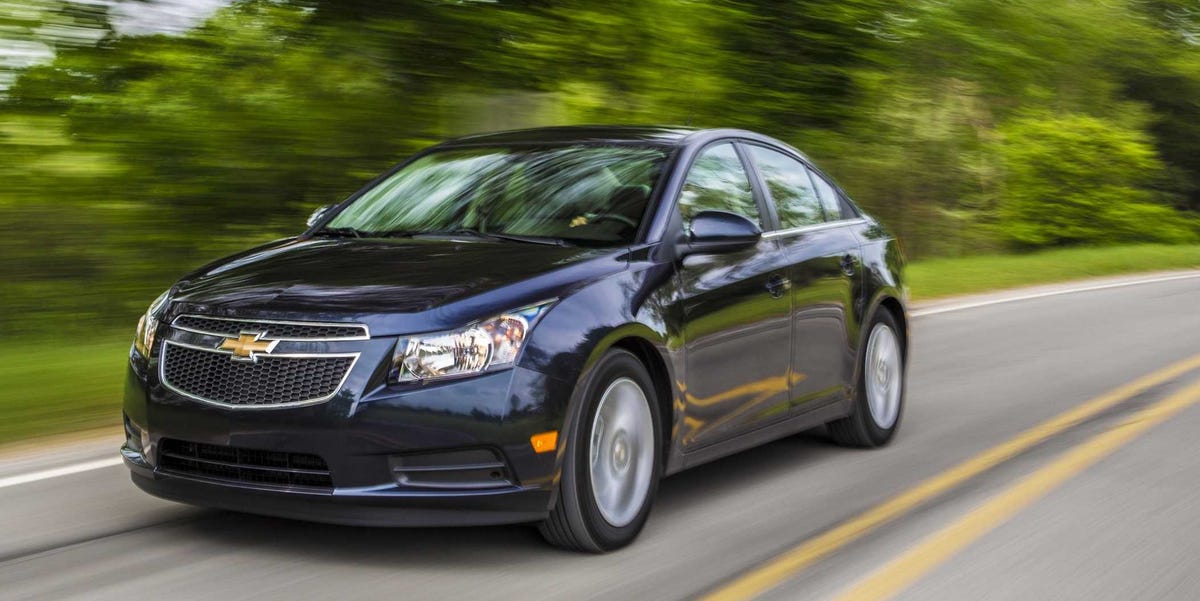In 2025, the decision to purchase a diesel car in India requires careful consideration of various factors, including regulatory changes, environmental concerns, and evolving automotive technologies.
Regulatory Landscape and Environmental Concerns
Indian cities, particularly Delhi and Mumbai, are implementing stringent measures to combat air pollution, which directly impact diesel vehicles. For instance, Delhi has banned diesel vehicles older than 10 years, and discussions are ongoing about further restrictions on fossil fuel-powered vehicles in the near future . These regulatory shifts aim to reduce vehicular emissions and promote cleaner alternatives.
Economic Considerations
While diesel engines traditionally offer better fuel efficiency and torque, the cost advantages are diminishing. The narrowing price gap between diesel and petrol fuels, coupled with higher maintenance costs associated with diesel particulate filters and emission control systems, reduces the economic appeal of diesel vehicles. Moreover, the resale value of diesel cars is declining due to anticipated future restrictions.
Automotive Industry Trends
The automotive industry is witnessing a shift towards electric and hybrid vehicles. Manufacturers are investing in cleaner technologies, and some have already phased out diesel variants from their lineups. This transition reflects both consumer demand for environmentally friendly options and compliance with evolving emission norms.
Conclusion
Considering the tightening regulations, environmental imperatives, and industry trends, purchasing a diesel car in 2025 may not be the most prudent choice for most consumers. Alternatives such as petrol, hybrid, or electric vehicles offer more sustainable and potentially cost-effective options in the long term. Prospective buyers should assess their specific needs, including driving patterns and regional policies, before making a decision.

